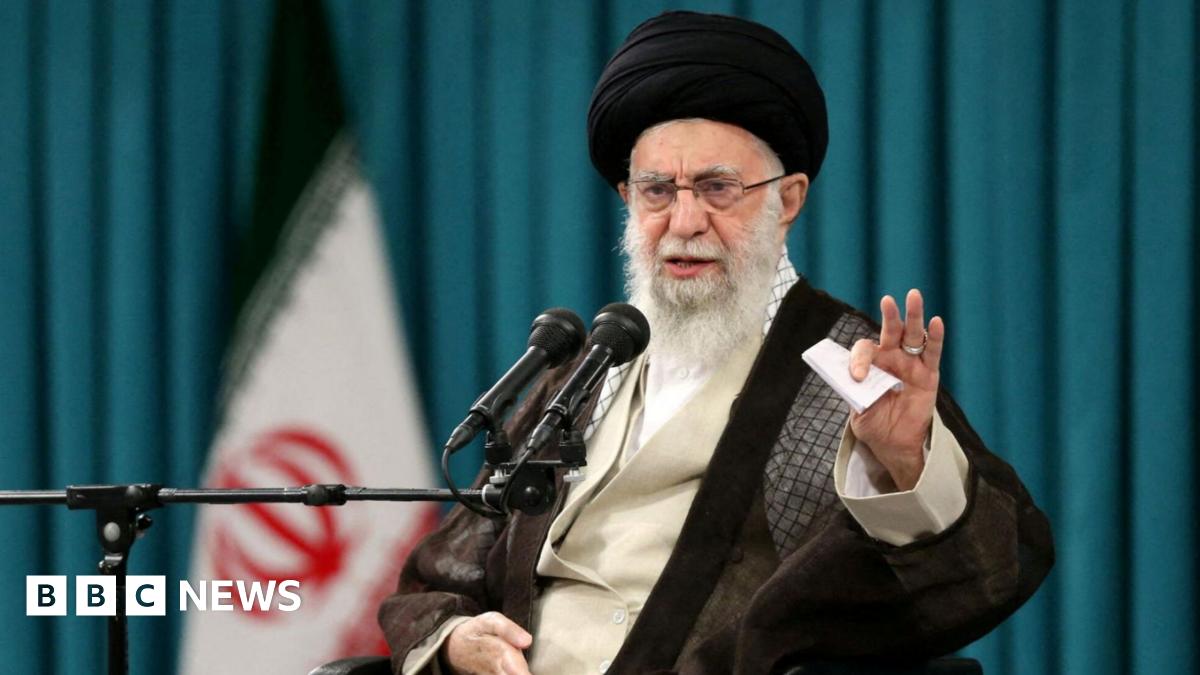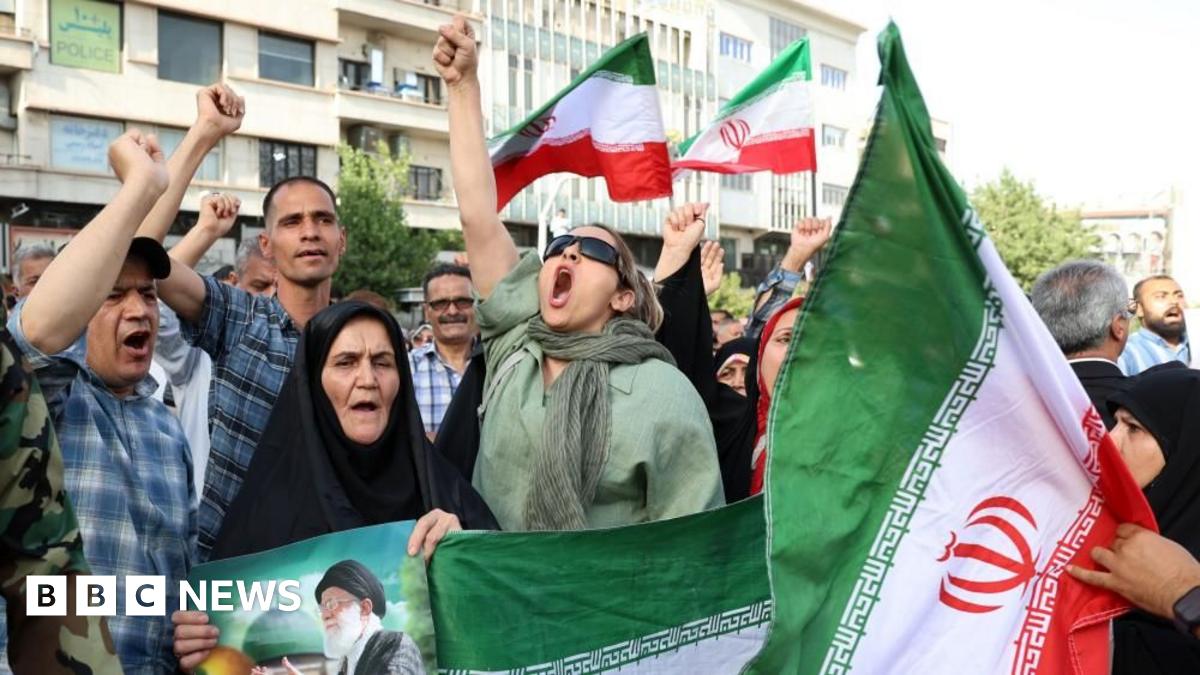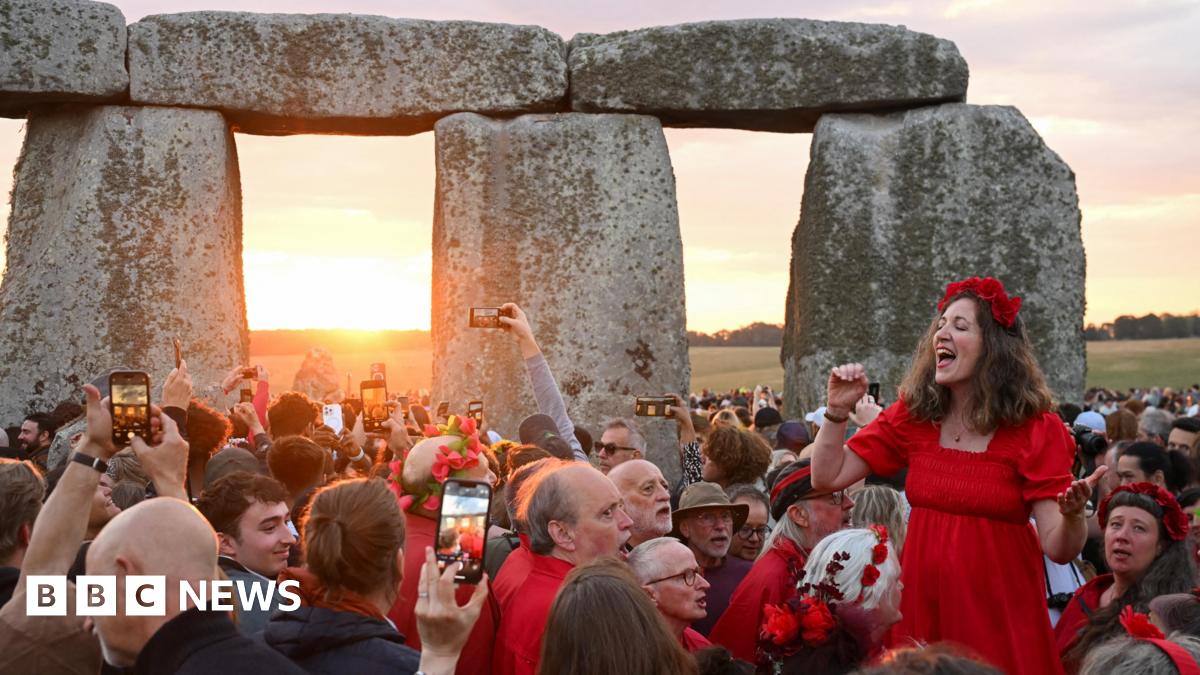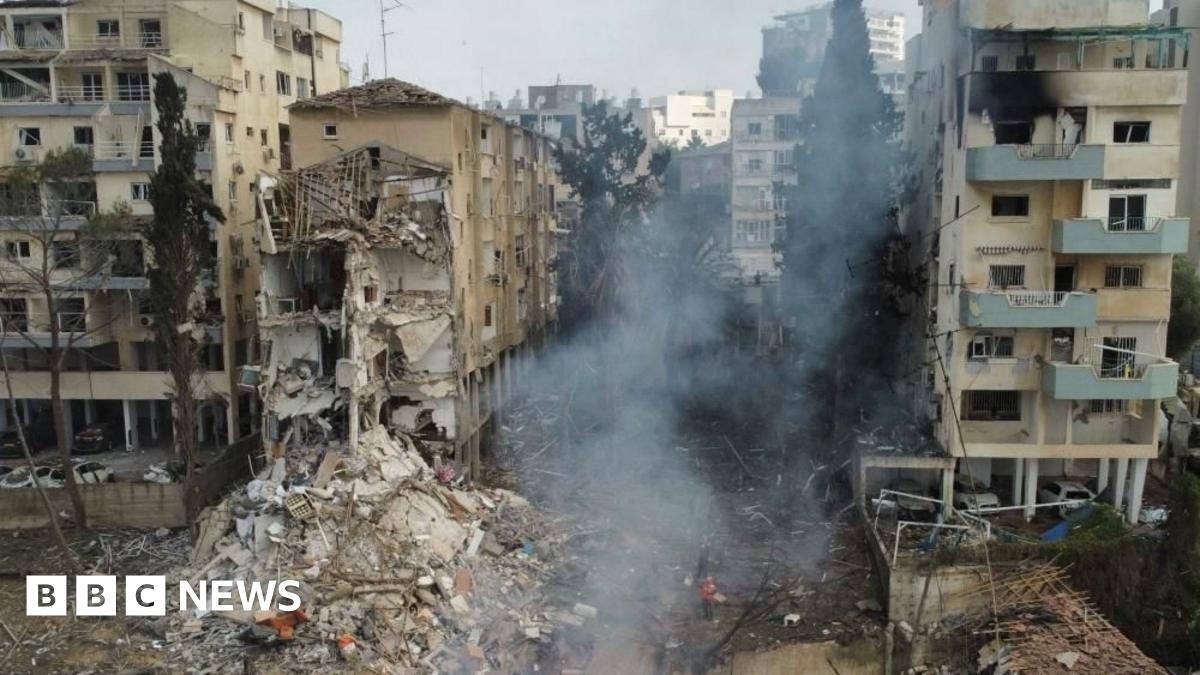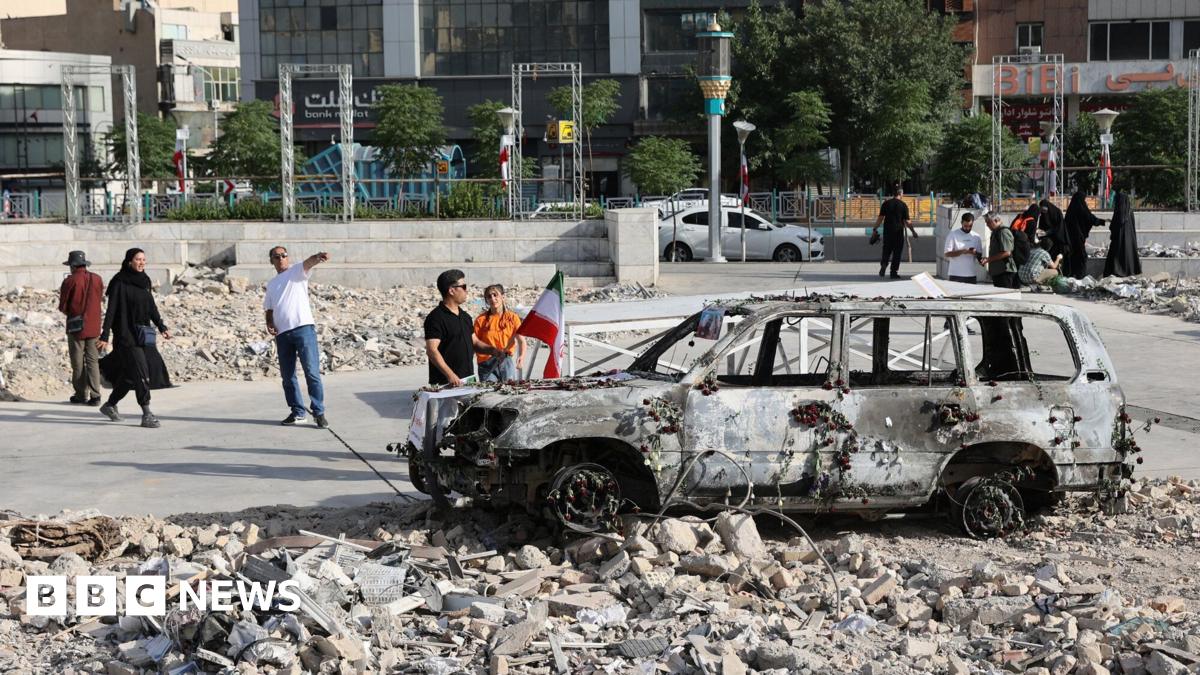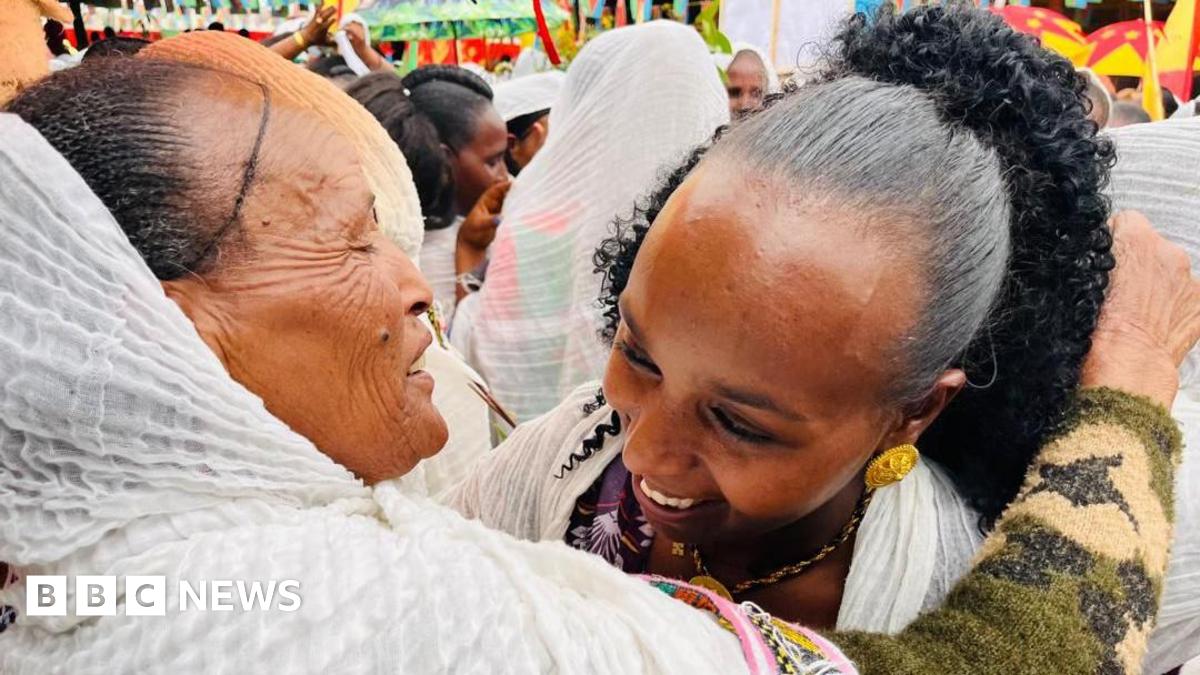Iran: No Nuclear Talks While Under Israeli Threat - Trump Weighs Response

Tensions in the Middle East continue to escalate as Iran declared it will not engage in discussions regarding its nuclear program while facing threats and potential attacks from Israel. This announcement comes amidst European efforts to revive negotiations and as the United States contemplates its role in the unfolding crisis.
A Firm Stance Amidst Conflict
According to Iranian officials, any talks concerning the future of its nuclear capabilities are contingent upon a cessation of hostilities and a de-escalation of tensions with Israel. The statement underscores the delicate and precarious situation, where military action could effectively halt diplomatic progress. The backdrop of potential conflict has significantly complicated the already challenging task of restarting negotiations.
Europe's Diplomatic Push
European powers, particularly those involved in the 2015 Iran nuclear deal (JCPOA), are actively seeking a path back to diplomacy. They recognize the importance of preventing Iran from acquiring nuclear weapons and believe that a negotiated solution remains the best course of action. However, the current climate of heightened tensions presents a formidable obstacle to their efforts. These diplomatic initiatives are aimed at encouraging Iran to return to the negotiating table and to reaffirm its commitment to the JCPOA.
US Considerations and Potential Involvement
In Washington, policymakers are carefully evaluating the situation and considering various response options. The United States faces a complex dilemma: how to deter further escalation while also preserving the possibility of a diplomatic resolution. President Trump's administration is weighing the merits of direct involvement, potentially through military or economic measures, to influence Iran’s behavior. However, any intervention carries significant risks, including a wider regional conflict.
The Nuclear Deal and its Future
The 2015 nuclear deal, which limited Iran's nuclear enrichment program in exchange for sanctions relief, has been a source of ongoing controversy. The United States withdrew from the agreement in 2018 and reimposed sanctions, prompting Iran to gradually roll back its commitments under the deal. The future of the JCPOA remains uncertain, with the possibility of either a renewed agreement or a further deterioration of relations between Iran and the West.
Regional Implications
The current crisis has far-reaching implications for the entire Middle East. Instability in Iran could exacerbate existing conflicts and create new ones. The involvement of regional powers like Israel and Saudi Arabia further complicates the situation, raising the risk of a wider regional war. A peaceful resolution is crucial not only for Iran and Israel but also for the stability and security of the entire region.
The coming days and weeks will be critical in determining the trajectory of events. Whether diplomacy can prevail over military escalation remains to be seen. The international community faces a significant challenge in preventing a catastrophic conflict and securing a lasting solution to the Iranian nuclear issue.

